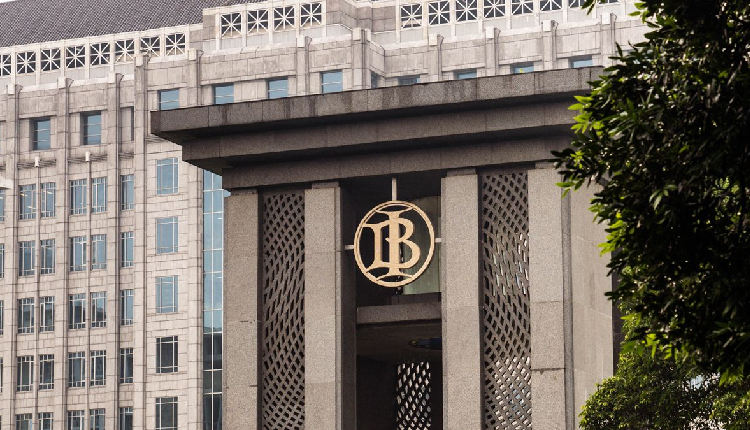In a surprise move, Bank Indonesia (BI) raised interest rates on Wednesday in a bid to stabilise the rupiah currency, Reuters reported.
The rupiah has weakened to a four-year low due to rising global risk aversion and a delay in anticipated US interest rate cuts.
BI increased its key benchmark rate, the 7-day reverse repurchase rate, by 25 basis points (bps) to 6.25 per cent.
This marks the highest level since the bank adopted this rate as its main policy tool in 2016. The move surprised many economists, with only six out of 35 polled by Reuters predicting the hike.
BI Governor Perry Warjiyo justified the rate hike as necessary to “strengthen the stability of the rupiah exchange rate against the risk of worsening global risks.”
The announcement bolstered the rupiah, which rose 0.4 per cent against the dollar to 16,150. However, the currency remains down roughly four per cent year-to-date.
In an unusual move, Warjiyo offered a forecast for the rupiah’s movement. He expects it to stabilise around 16,200 per dollar this quarter, followed by gradual strengthening to 16,000 next quarter and ultimately 15,800 by the end of the year.
The central bank’s decision reflects anxieties about the global economic climate. Investors are scaling back expectations for US rate cuts, while tensions in the Middle East raise concerns about potential energy price hikes.
Warjiyo acknowledged these factors, predicting the Federal Reserve to begin easing with a modest 25-bps rate cut in December, but cautioned of potential delays into 2025.
Previously, BI had anticipated a total of 75 bps in U.S. rate cuts for the second half of 2024.
Despite the external headwinds, BI expressed confidence in Indonesia’s economic resilience. The bank maintained its growth forecast for Southeast Asia’s largest economy at 4.7 to 5.5 per cent for 2024, compared to 5.05 per cent expansion last year.
However, annual inflation climbed to a seven-month high in March. BI’s forward-looking policy aims to mitigate the domestic impact of rising global energy and food prices while keeping inflation within its target range of 1.5 to 3.5 per cent.


